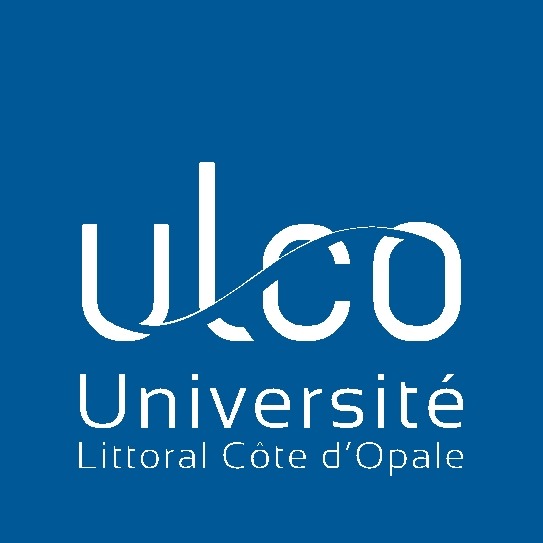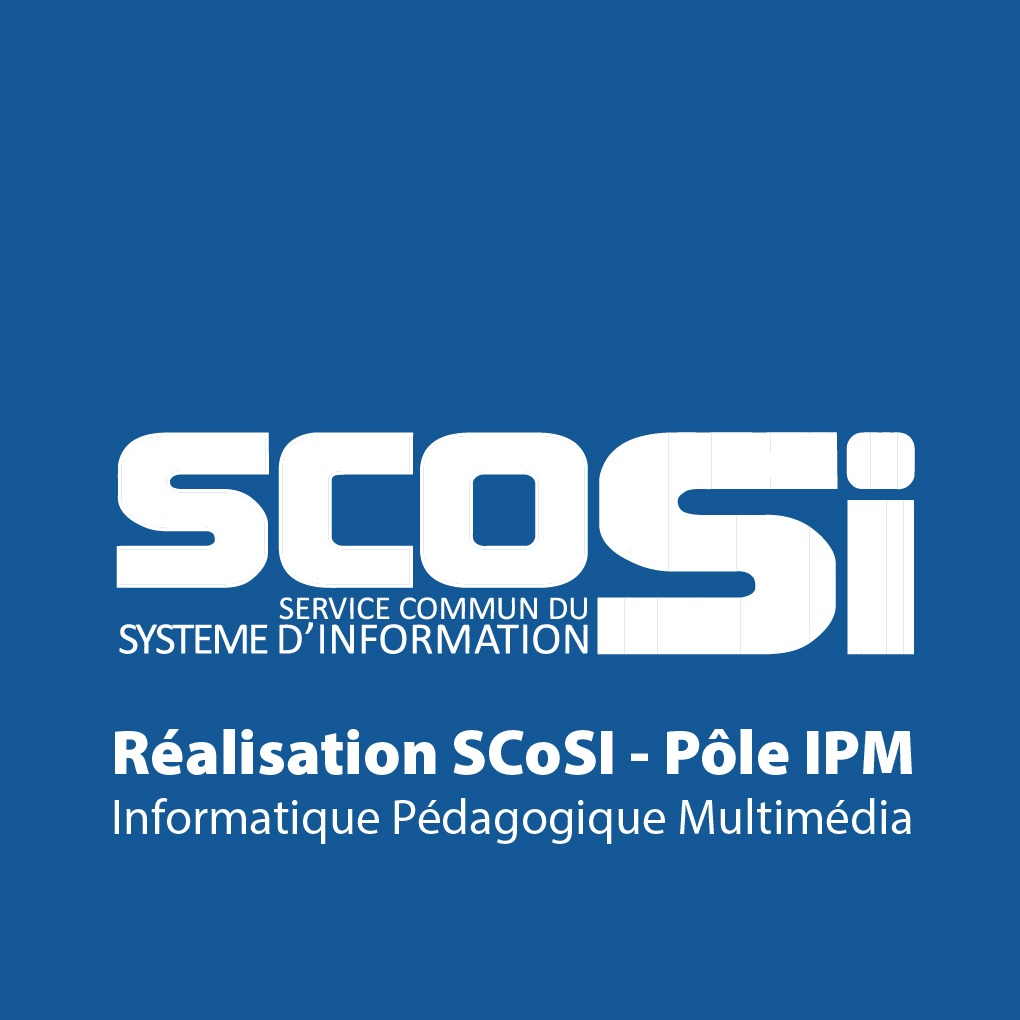The circular economy, a means of relocation and reindustrialization?
In his general policy speech of 15 July 2015, Prime Minister Jean Castex stated that French industry was “too dependent on its external partners and insufficiently present in certain strategic sectors”. The COVID-19 crisis has indeed revealed several flaws in supply chains, starting with pharmaceutical ingredients and masks. China and India alone produce 60-80% of the active ingredients for anti-cancer drugs, antibiotics and vaccines.
In view of the recovery plan, Jean Castex calls for rebuilding “a great industrial nation through ecology”. From the second half of the 1970s, France experienced a movement of deindustrialization, resulting in the relocation of activities to geographical areas (South-East Asia, North Africa, Asia) where production costs were lower. In 2012, the conclusions of the report Pact for the Competitiveness of French Industry, known as the Gallois Report, indicate a “real dropout”. Industry’s share of value added in France fell from 18% in the 2000s to just over 11% in 2011, i.e. less than 7 points in eleven years. Industrial employment and associated jobs, particularly in services, have also deteriorated. Industrial regions such as Nord-Pas-de-Calais and Champagne-Ardenne are experiencing difficulties, even though indicators are declining throughout the territory.
The sanitary crisis acts as a second telling moment of deindustrialisation. Calls for an “industrial renaissance” are multiplying, whether in terms of gains in sovereignty, reduction of external dependency and safeguarding jobs. However, as the debates on the conditionality of State aid to companies and the proposals of the Citizen’s Convention for the Climate have shown, this revival through reindustrialization cannot be achieved without considering the imperatives of the ecological transition. The challenge is to prove that rebuilding an industrial nation through ecology is not antinomic. Indeed, the efforts to be made to aim for a 40% reduction in our greenhouse gas emissions by 2030, and to reduce the pressure on non-renewable resources can be translated into innovations for the transition of our economic system towards a more circular economy (see the editorial by Vence and Pereira, June 2020).
The circular economy is presented by public actors, such as ADEME and the Ministry of Ecological Transition, as a source of sustainable and non-relocatable jobs. Two principles guide the transition towards a circular economy: making waste a resource, which limits the extraction and input of new materials; reducing impacts at all stages of the life cycle of a product, good or service. The productive activities developed around the circular economy would be non-relocatable because they are based on the development of local deposits, as a result of synergies developed between economic players in the same territory. The examples most often cited are reuse and repair activities: such as bicycle repair, which often has a local anchorage and solicits users for the supply of their spare and worn parts. Recycling activities are also cited. Nevertheless, two cases should raise questions. On the one hand, it is possible to develop reuse, repair and recycling activities without relying on local sources, as in the case of the vehicle engine reconditioning activity at the Renault group site at Choisy le Roi. In this case, the location counts for little or nothing, and the non-relocatable potential of the jobs is called into question, there is a risk of ending up in an industrial strategy where the main criterion is cost rationalization. On the other hand, with regard to re-employment or repair activities around a local deposit, often carried out by small structures (SMEs, start-ups), the challenge is to develop an industrial sector and a sustainable economic model. The testimony of the entrepreneurs behind the start-up La Boucle Verte is edifying in this respect. In February 2020, they announced the cessation of their recycling activity of aluminium cans, collected in the Toulouse region due to the lack of outlets, the needs of manufacturers and regulatory obstacles.
In February 2020, they announced the cessation of their recycling activity of aluminium cans, collected in the Toulouse region due to the lack of outlets, the needs of the industrialists and regulatory obstacles.
In these two examples, the territorial factor appears to be a determining factor in ensuring the sustainability of activities linked to the circular economy. The securing of outlets through partnerships with local industrialists and entrepreneurs, the action of the local authority to support, facilitate and finance projects, the support of sectors and skills developed within a territory are all elements that help the redevelopment of industrial sectors around the circular economy. Innovations and experiments, such as the use of the fatal heat in Dunkirk and the use of construction and demolition materials in Plaine-Commune, are likely to emerge in supporting territories.
Sonia Veyssière
Innovation et Stratégies Industrielles / Lab.RII – Université du Littoral Côte d’Opale et ADEME



